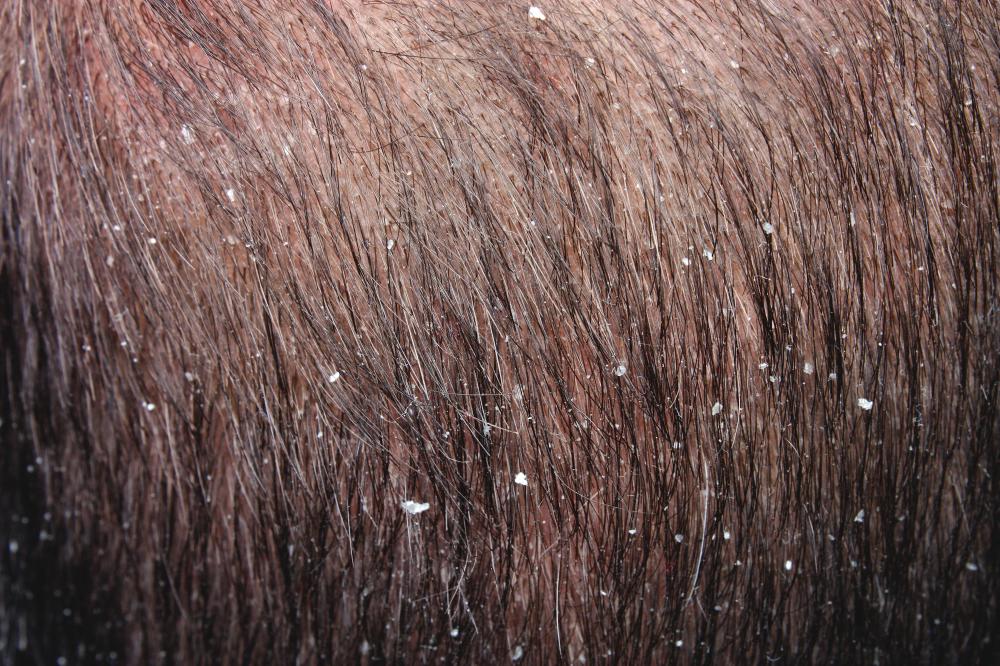At WiseGEEK, we're committed to delivering accurate, trustworthy information. Our expert-authored content is rigorously fact-checked and sourced from credible authorities. Discover how we uphold the highest standards in providing you with reliable knowledge.
What Are the Most Common Uses for Hydrocortisone Tablets?
Some of the most common uses for hydrocortisone tablets are to treat severe allergies, a variety of arthritic conditions, and diseases that may affect the lungs. The medication is also recommended for certain skin conditions and to address symptoms of autoimmune diseases like lupus. Other conditions the drug might be recommended for include some gastrointestinal (GI) illnesses, ailments that affect the blood, and many disorders of the eyes. Despite its utility, hydrocortisone is prescribed with caution because of the risk of severe side effects.
Many forms of allergies may be improved with brief treatment with hydrocortisone tablets. Extremely severe seasonal allergies or asthma secondary to hayfever could indicate this drug’s use. Skin allergies or sensitivities like contact dermatitis might also warrant prescribing this medication. Alternately, the drug could be used to counter extreme allergic reactions like anaphylactic shock.

For conditions like arthritis of many different types, hydrocortisone could be recommended. Treatment of this kind is generally brief and meant to improve temporary arthritic flares. Occasionally, a condition like rheumatoid arthritis responds better to continued treatment with the medicine.
Certain lung disorders may also improve with hydrocortisone tablets. Various forms of aggressive tuberculoses are addressed with this medication. Physicians might also prescribe this drug to treat sarcoidosis.

A number of skin disorders, including the aforementioned contact dermatitis, may respond well to hydrocortisone tablets. For example, psoriasis might be effectively treated with this drug. The very serious Stevens-Johnson syndrome may also improve if this medication is given. Other conditions this drug may address are extreme dandruff and pemphigus. Lupus, which may in part affect the skin, is also sometimes managed with hydrocortisone.
GI tract dysfunctions are another collection of conditions that could be treated with this medication. Commonly, hydrocortisone tablets are the best choice for ulcerative colitis. They may also be appropriate for certain forms of enteritis.

Hydrocortisone tablets may be useful for a variety of blood disorders, too. They treat some forms of thrombocytopenia. The drug could be recommended for a variety of different anemia types, including hemolytic anemia arising from autoimmune conditions and erythroblastopenia.
Eye conditions for which hydrocortisone tablets are recommended are highly varied. Corneal ulcers, keratitis, and conjunctivitis caused by allergies might be temporarily addressed with this medication. Alternately, many different eye inflammatory conditions could improve if they are treated with the drug.

Though hydrocortisone tablets have numerous uses and can be highly effective, the decision to prescribe them is usually carefully weighed. As a steroid, this medication can have potentially lasting and dangerous side effects, such as development of pancreatitis, intestinal bleeding or autoimmune suppression. Sometimes other medications that have fewer side effects are recommended for some of the conditions above. A patient can then determine with her doctor what the best choice is for treatment.
AS FEATURED ON:
AS FEATURED ON:















Discuss this Article
Post your comments